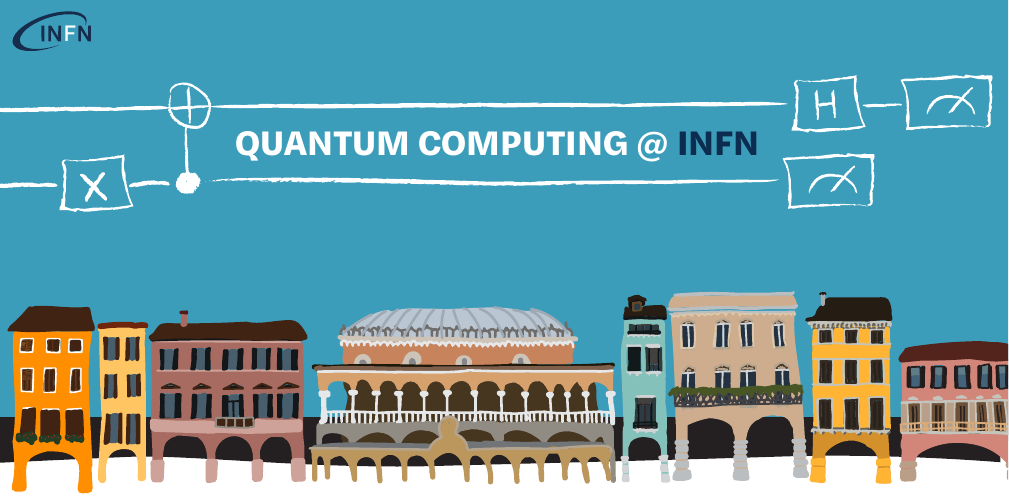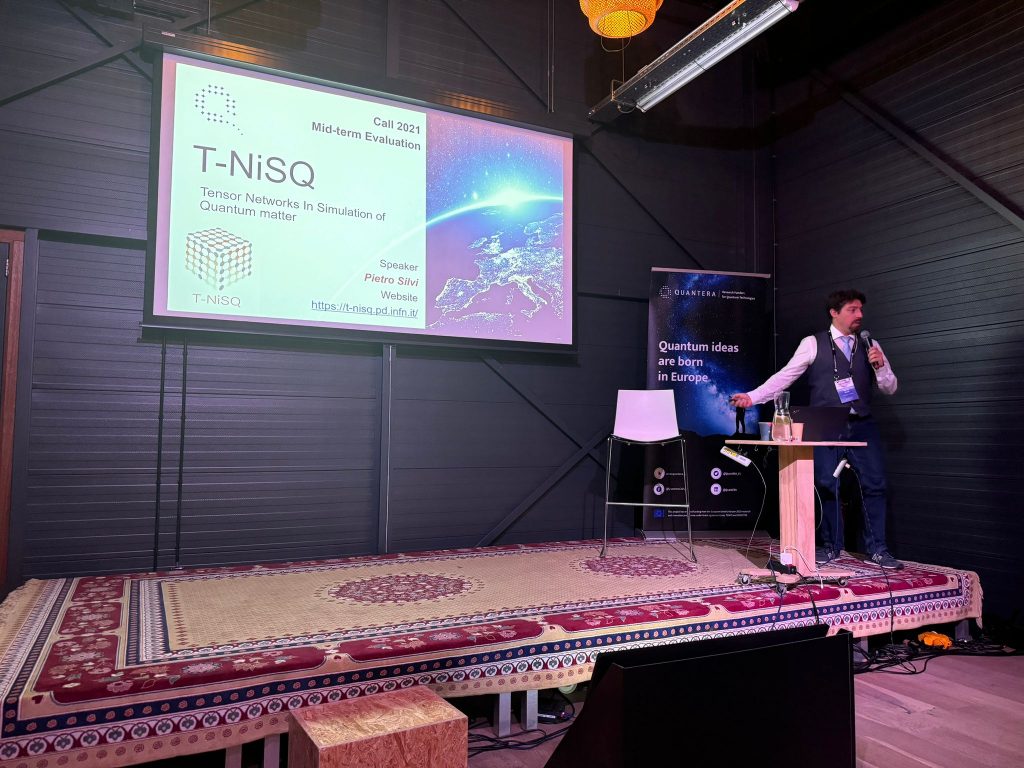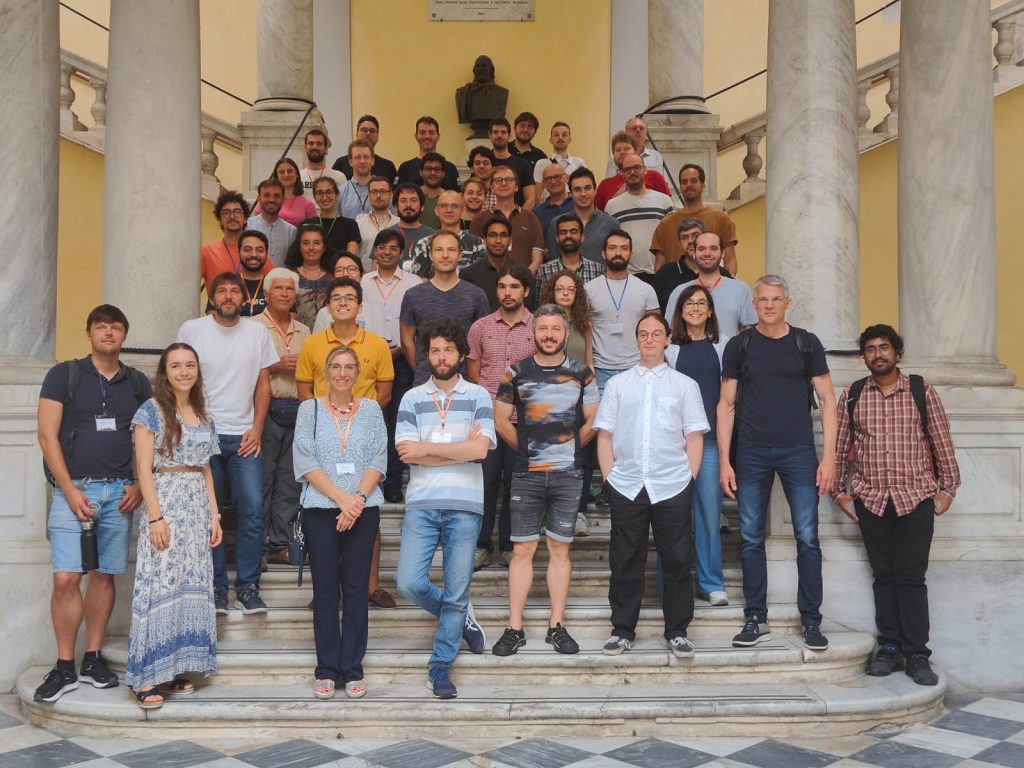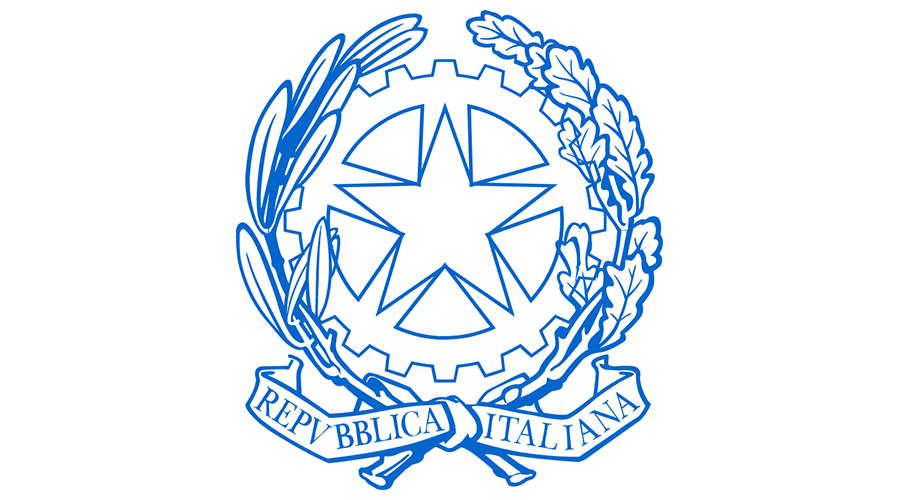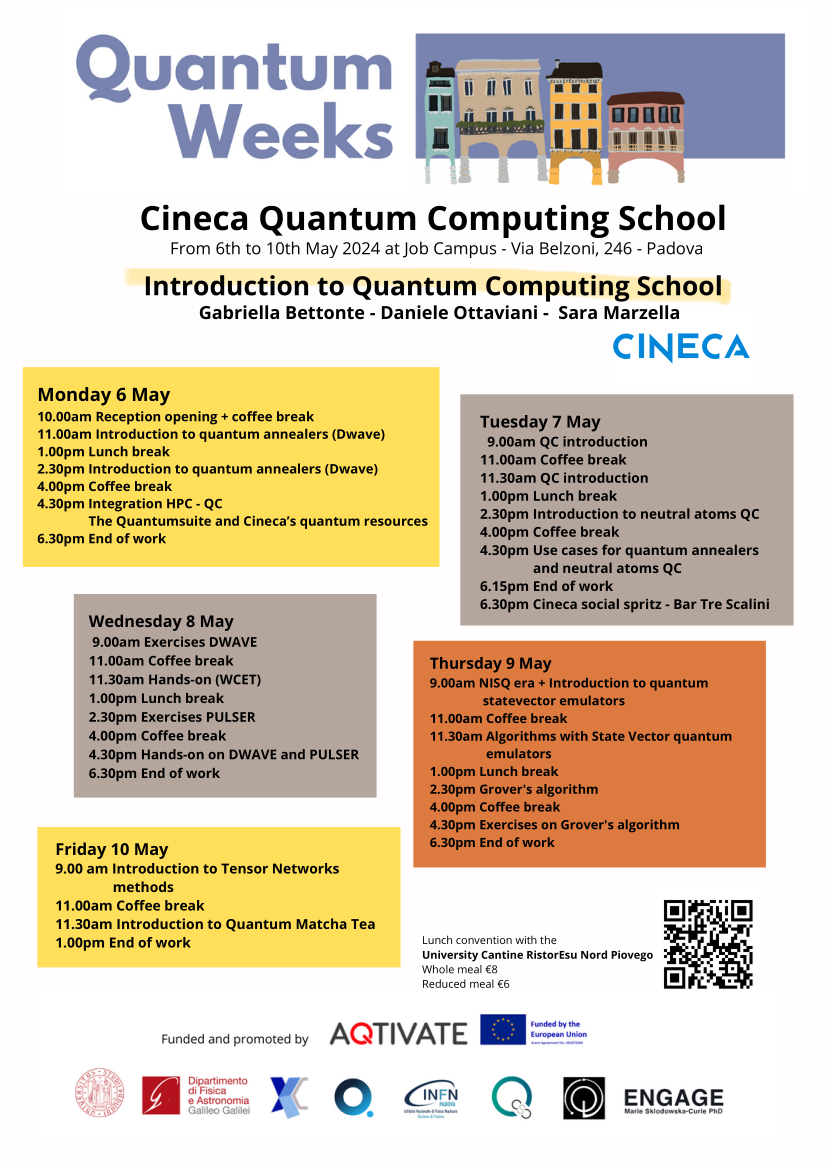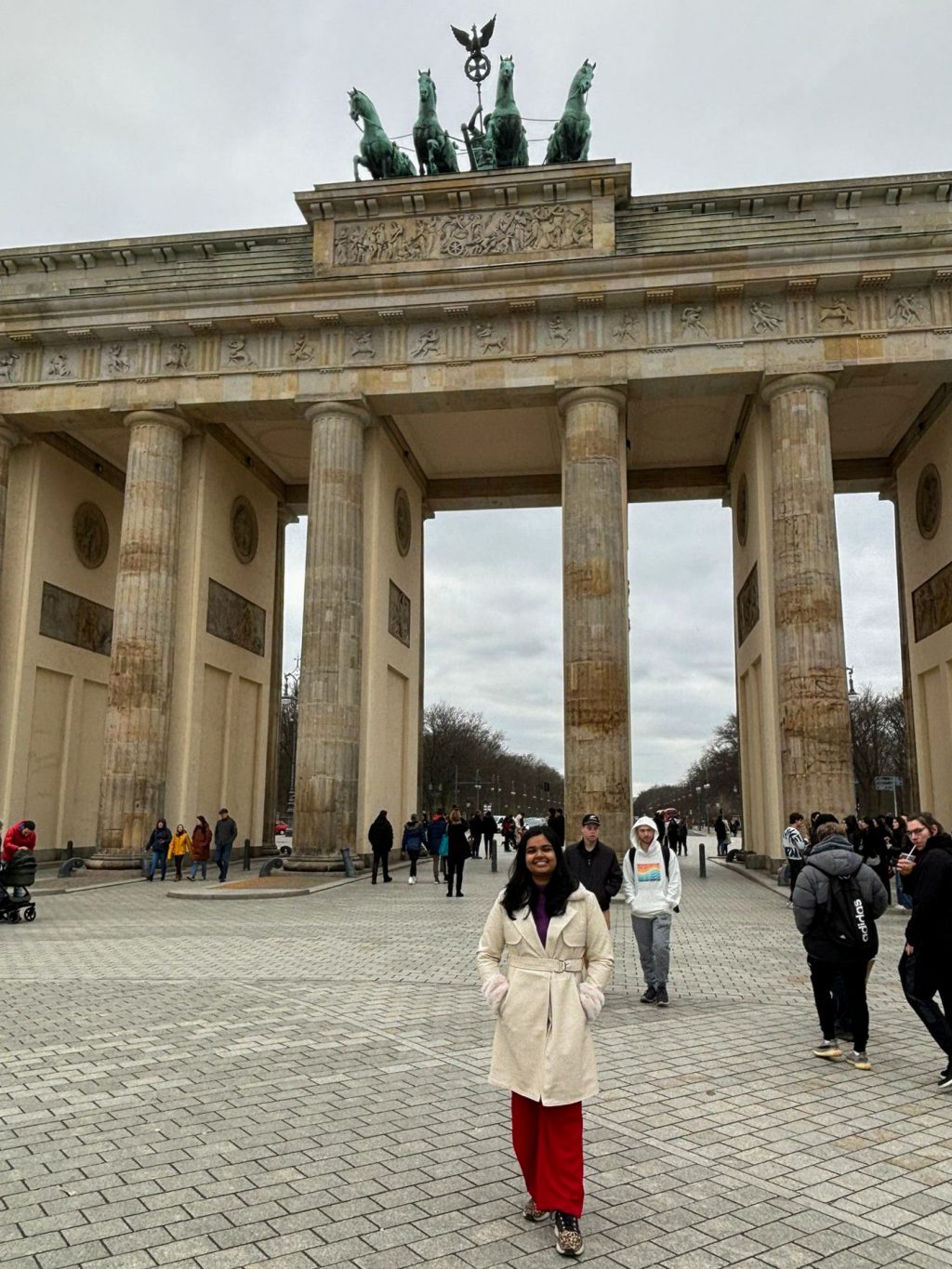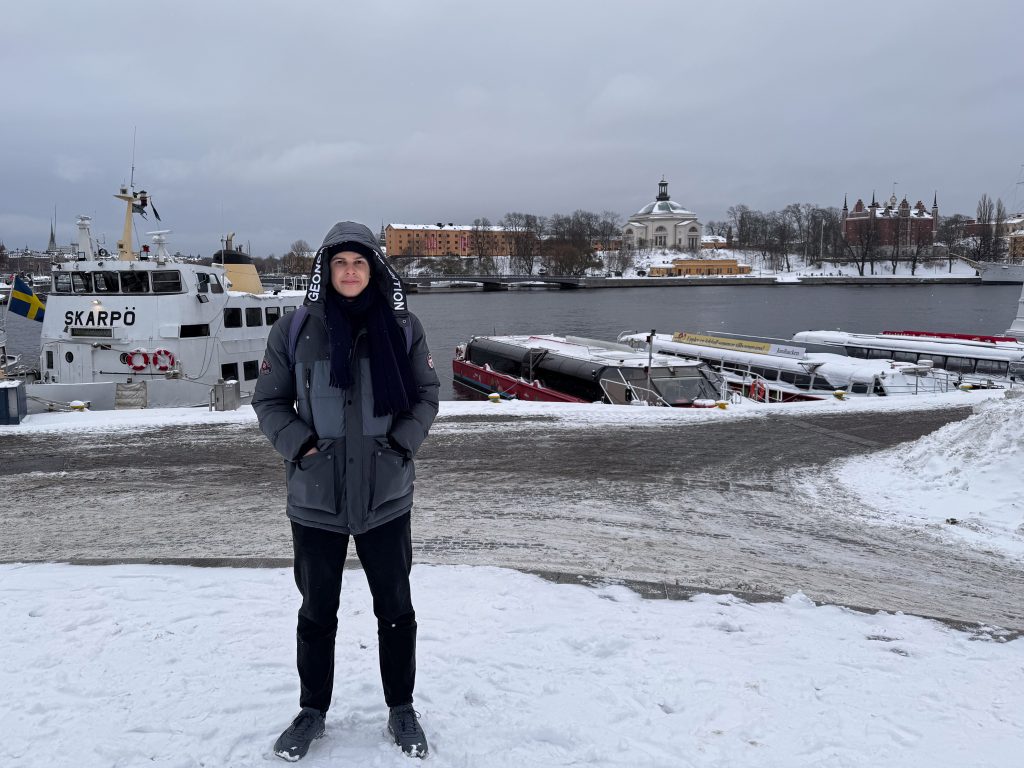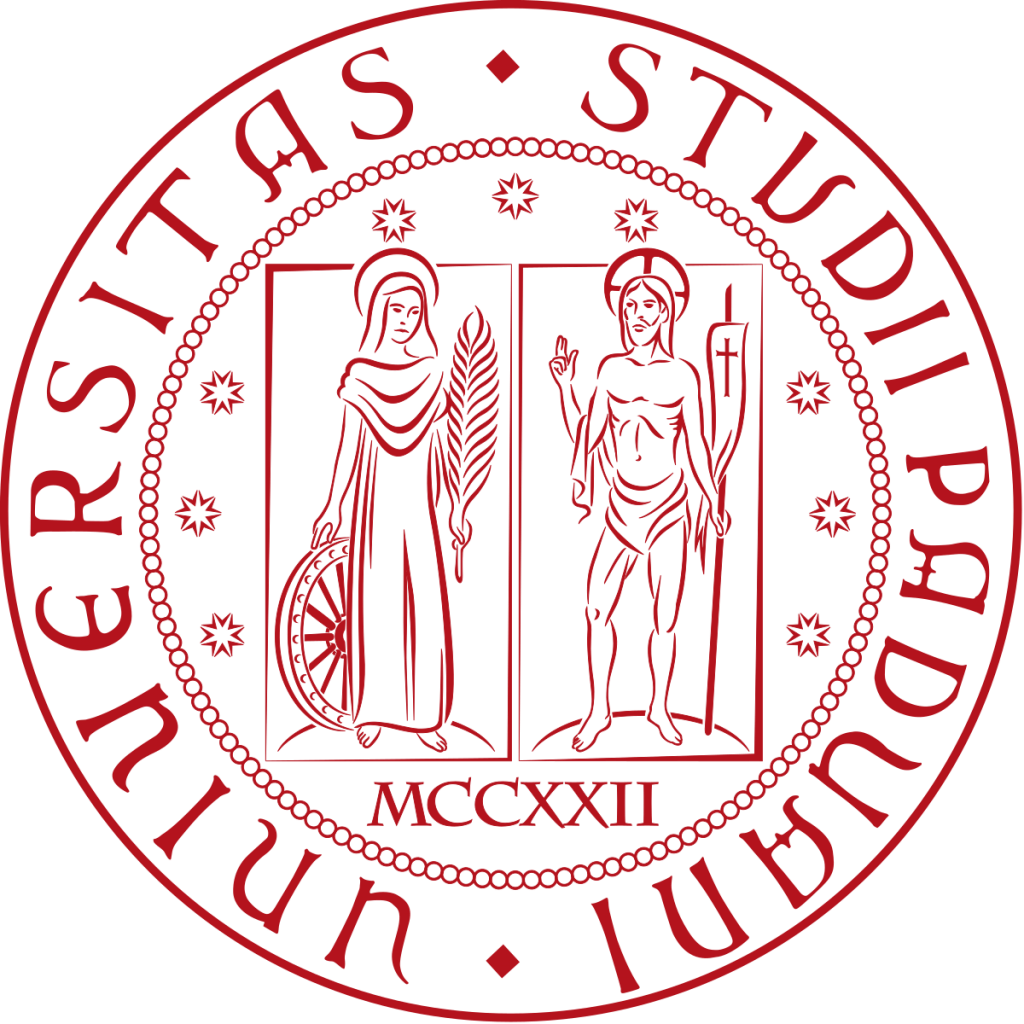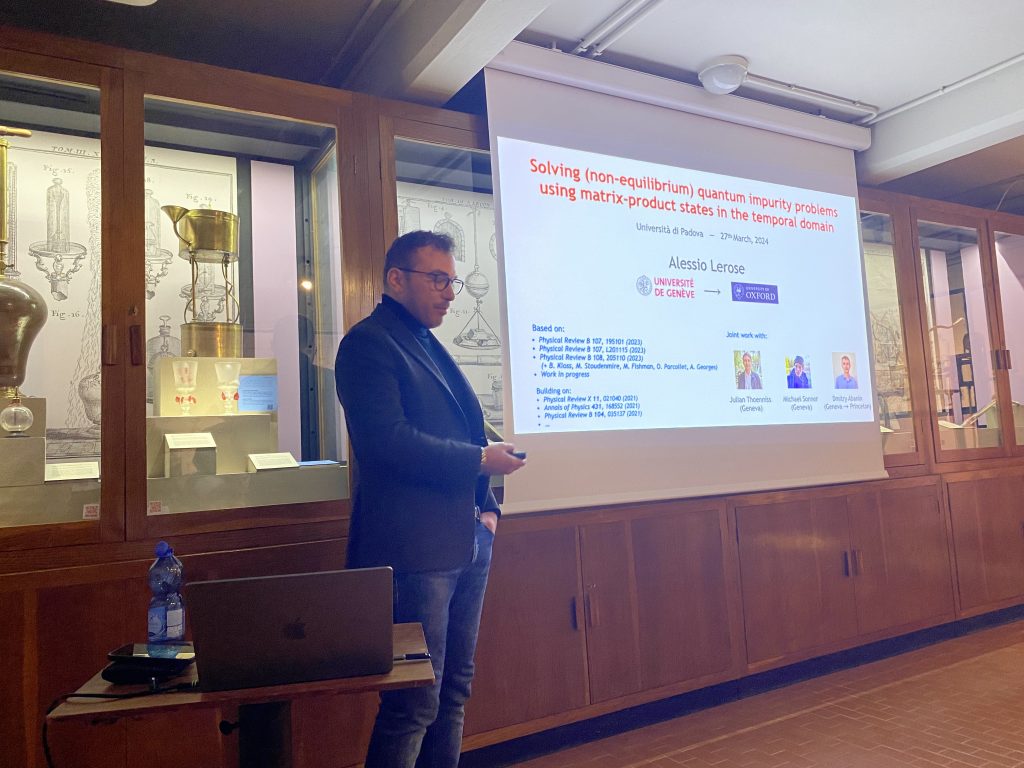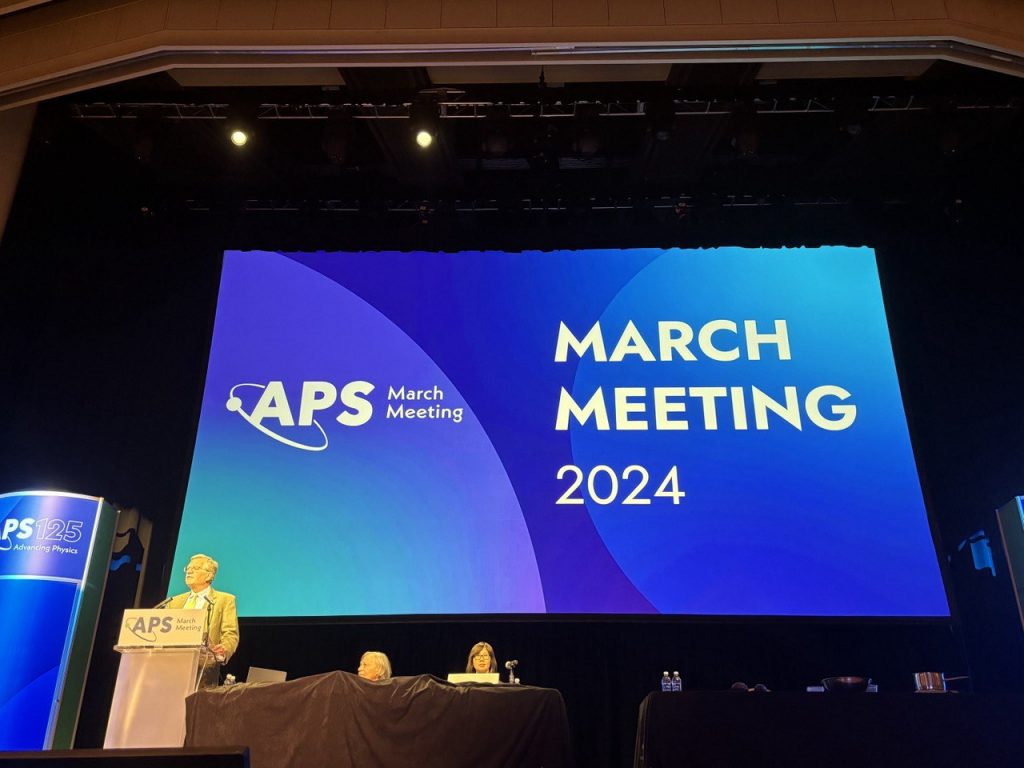Quantum Computing @ INFN
Overview The second quantum computing workshop @ INFN will be held in Padova on 29-31 October 2024. Quantum computing potentially offers a paradigm shift for issues of interest to INFN, in areas ranging from quantum machine learning to event reconstruction and simulation for experiments, theoretical physics, and many others. The Quantum Computing @INFN workshop represents an opportunity for the community to come together and receive training, with the objectives of presenting ongoing activities, fostering the exchange of knowledge and experiences, and attracting researchers and technologists who wish to acquire or enhance their skills. We invite you to visit the official event page for more information.

